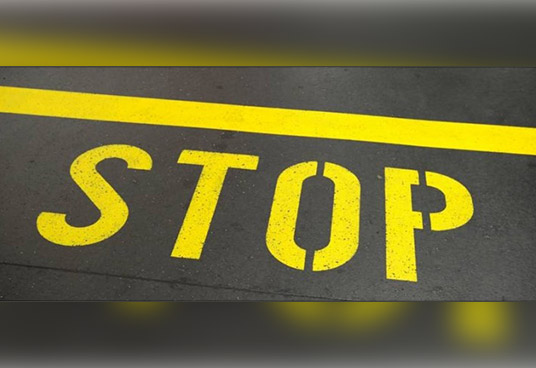What is “corruption”? According to Transparency International, “corruption” is defined as “the abuse of entrusted power for private gain”. Such fraudulent conduct by those in power, aimed at getting private gain typically involves bribery. Corruption can also be perceived as not only illegal activity that is being enforced by a government of a certain country, but also as an unethical and immoral act which might not be forbidden by the law, but might be otherwise damaging to one’s reputation and good standing.
Corruption is universally considered as one of the major global threats to both social development and market economy, because it disturbs competitive markets and leads to the misallocation of resources, as well as undermines the rule of law, public trust in politicians, public servants and business leaders.
Corruption is damaging not only to state, but to private business as well. According to popular belief, refusing to pay bribes might put your business in a disadvantageous situation. According to “Fraud and corruption – the easy option for growth? Europe, Middle East, India and Africa Fraud survey 2015” by EY, one-fifth of the respondents believe that following anti-bribery policies very closely would harm their competitiveness. The results, however, showed a clear correlation between companies that have experienced revenue growth and those that are seen by respondents as being ethical – meaning that ethical business and good compliance go hand in hand with the growth.
While there is a common myth, that in some countries (especially developing countries) bribing corrupt officials is standard practice and everyone does it, there is no country where corruption is legal – it is illegal everywhere and it is being enforced. This is illustrated by the following prominent examples:
- Siemens (Germany) USD 800 million (2008);
- KBR/Halliburton (USA) USD 579 million (2009);
- BAE (UK) USD 400 million (2010);
- Total S.A (France) USD 398 million (2013);
- Alcoa (USA) USD 384 million (2014);
- Snamprogetti Netherlands B.V./ENI S.p.A (Netherlands/Italy) USD 365 million (2010);
- Technip S.A. (France) USD 338 million (2010);
- JGC Corporation (Japan) USD 218.8 million (2011);
- Daimler AG (Germany) USD 185 million (2010);
- Weatherford International (Switzerland) USD 152.6 million (2013).
One of the ways how to combat corruption is starting from your own business. Not only there are great benefits in doing so, but also current trend is to make business operation more transparent and trustworthy. For example, according to “2010 Edelman Trust Barometer” in 2006 US respondents, when inquired about what shapes their trust in a company, only 33% mentioned that “social responsibility was important” whereas in 2010 US respondents, when asked with how important are various factors to corporate reputation, 83% mentioned “transparent and honest practices”, 83% mentioned “company I can trust” among most important factors compared to 79% mentioning “high quality products and services”.
Other benefits of investing in compliance and making your business more transparent are more obvious, such as reduction in PR costs, legal expenses and all around damage control, not to mention increase in key elements to success – reputation of a company. Ethical and transparent practices are also considered as a very important element in employee motivation and satisfaction.
Our recommended method of fighting corruption for businesses consists of the following segments:
- Risk evaluation and appropriate structural organisation;
- Policies, instructions, ethics codes;
- Internal reporting and investigations;
- Due care and constant monitoring;
- Damage control (in case of crisis).
While this practice of transparency, anti-bribery and anti-corruption in business originates mostly from US, it is becoming popular and increasingly important in Europe. It is becoming noticeably popular in Lithuania as well.
In practice, especially when conducting negotiations on agreements, companies more often prepare specific clauses, which require other party to have internal regulations regarding transparency and anti-bribery coupled with ethics code adopted in their businesses.
Another important factor making these anti-bribery and anti-corruption practices increasingly important is that on 8th July 2015 the 34 OECD Members adopted the Roadmap for the Accession of Lithuania to the OECD Convention wherein the terms, conditions and processes for its accession were set out. This follows the decision taken by the OECD Council on 9th April 2015 to open accession discussions with Lithuania.
Taking into consideration current business trends and other factors, it is becoming almost mandatory to invest in making your business more transparent, trustworthy and progressive. One way of achieving this is committing to implementing internal regulations and policies as well as ethical standards.


 Newsletter Subscription
Newsletter Subscription